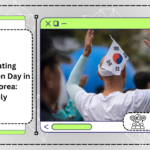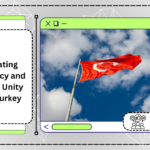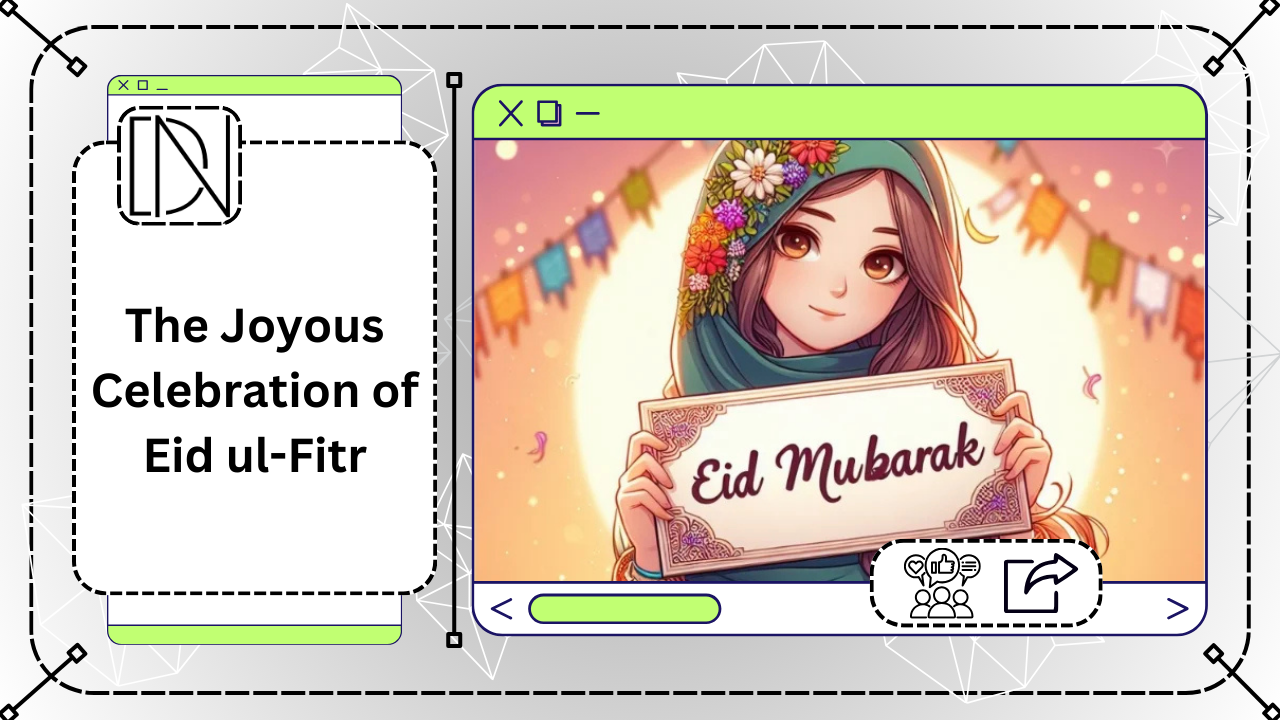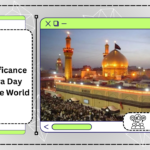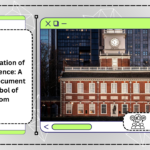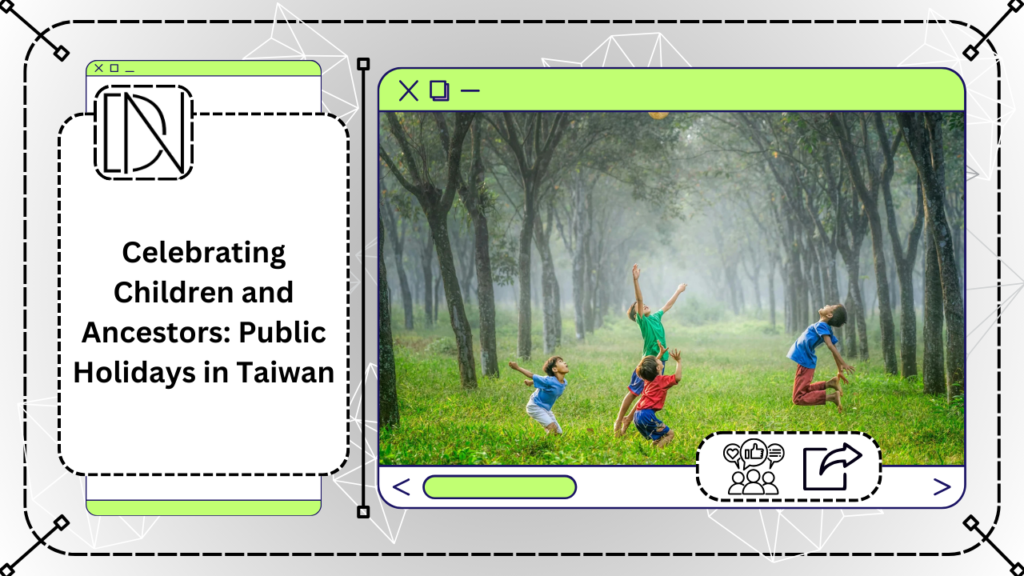The Joyous Celebration of Eid ul-Fitr
Eid ul-Fitr is a significant religious holiday celebrated by Muslims around the world. It marks the end of the holy month of Ramadan, during which Muslims fast from dawn until sunset. This joyous occasion is a time for Muslims to come together, express gratitude, and share in the blessings of the past month.
The Meaning and Importance of Eid ul-Fitr
Eid ul-Fitr, also known as the “Festival of Breaking the Fast,” holds great significance in the Islamic calendar. It is a time of spiritual renewal, forgiveness, and reflection. The month of Ramadan is considered a time of increased devotion and self-discipline, and Eid ul-Fitr serves as a reward for the efforts made during this period.
During Ramadan, Muslims abstain from food and drink during daylight hours, not only as an act of worship but also as a means of developing empathy and understanding for those less fortunate. The fast is broken each evening with a meal called Iftar, which typically includes dates, water, and a variety of delicious dishes.
Eid ul-Fitr is a time of joy and celebration, as it signifies the successful completion of Ramadan. It is a time for Muslims to come together with family, friends, and the wider community to express gratitude for the blessings received and to seek forgiveness for any wrongdoings.
Traditions and Customs of Eid ul-Fitr
Eid ul-Fitr is marked by a range of traditions and customs that vary from country to country and even within different communities. However, there are certain practices that are common across the Muslim world.
One of the most important aspects of Eid ul-Fitr is the special prayer known as the Salat al-Eid. Muslims gather in mosques or open spaces to perform this prayer, which is led by an Imam. The prayer is followed by a sermon that reminds worshippers of the importance of unity, compassion, and gratitude.
Another key tradition of Eid ul-Fitr is the giving of gifts and the exchange of greetings. It is customary to give presents to family members, friends, and those in need as a way of spreading joy and fostering a sense of community. The exchange of greetings, such as saying “Eid Mubarak,” which means “Blessed Eid,” is a common practice that signifies well wishes and good fortune.
Feasting is an integral part of Eid ul-Fitr celebrations. Families come together to enjoy a delicious meal, often consisting of traditional dishes and sweets. It is a time to indulge in culinary delights and share the joy of the occasion with loved ones.
Eid ul-Fitr Celebrations Around the World
Eid ul-Fitr is celebrated with great enthusiasm and fervor in Muslim-majority countries and communities worldwide. Each region adds its own unique flavor to the festivities, making it a truly multicultural celebration.
In countries like Saudi Arabia, the United Arab Emirates, and Egypt, large-scale events are organized, including fireworks displays, parades, and cultural performances. These celebrations bring people from different backgrounds together and create a sense of unity and belonging.
In South Asia, particularly in countries like Pakistan, India, and Bangladesh, Eid ul-Fitr is a time for family reunions and feasting. Special dishes, such as biryani, sheer khurma, and samosas, are prepared and shared among relatives and neighbors.
In Southeast Asia, countries like Indonesia and Malaysia celebrate Eid ul-Fitr with traditional music, dance, and colorful decorations. The streets are adorned with vibrant lights and decorations, creating a festive atmosphere for all to enjoy.
Conclusion
Eid ul-Fitr is a time of joy, gratitude, and unity for Muslims around the world. It is a celebration of the spiritual growth and self-discipline achieved during the holy month of Ramadan. Through prayer, acts of kindness, and sharing in the joy of the occasion, Muslims come together to strengthen their bond as a community and to spread love and goodwill.
As the world celebrates Eid ul-Fitr, let us embrace the spirit of unity and compassion, and may this joyous occasion bring peace and happiness to all.




